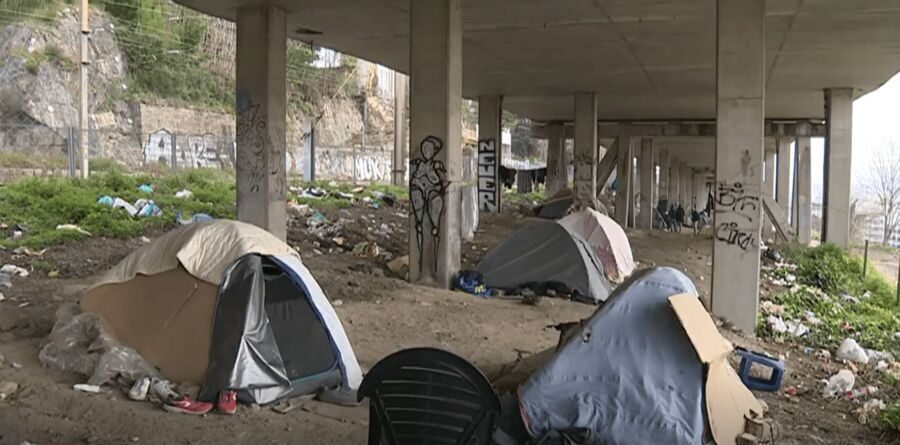Label decision “discretionary and abrupt”
The end of the possibility for immigrants to become legalised in Portugal on the basis of a tourist visa is being contested by associations of Indians and Bangladeshi nationals in Portugal, who complain the decision was discretionary and abrupt.
“They haven’t even given those who are already here time to do their paperwork”, Shiv Kumar Singh, president of the Casa da Índia association, tells Lusa.
The end of ‘presentation of expressions of interest’ – a legal solution that used to allow a foreigner to inform authorities that he had work prospects and wanted to legalise himself as an immigrant – was announced on June 3, and came into force the following day.
Since then, any new request for an expression of interest has been refused, even if the applicant is already in Portugal.
As Lusa explains, the government wants immigrants to start their legalisation processes at Portuguese consulates and embassies in their own countries, before arriving on national soil. It is a requirement that particularly worries those whose countries have no Portuguese diplomatic representation.
“We have been asking for an embassy or consulate for 10 years, but we have never been able to get one”, Alam Kazoi, head of the Bangladesh Community of Porto, stresses.
There are around 70,000 Bangladeshi immigrants already in Portugal, and Alam Kazoi fears that problems for people from his country will get worse.
“How is it going to be possible for us to get a work contract to come here?” he queried, recalling that the expression of interest was the vehicle for thousands of immigrants becoming legalised since 2017.
Using the well-worn phrase “without immigrants, Portugal can’t function”, he added that “every day there is an unfilled demand for people to work because there aren’t enough immigrants. How do they (meaning the government) intend to resolve this situation?”
“Now, to process paperwork to comply with the changes to the Foreigners Law, Bangladeshi citizens will have to travel 1,800 kilometres to New Delhi, the nearest consulate to Dhaka”, he added.
“We will spend €2,000 to apply for a visa and another €2,000 to pick up the document!”
Shiv Kumar Singh agrees with this criticism. “Ending the expression of interest once and for all does not seem like a good idea, because a lot of people were already here and hadn’t dealt with their documents yet,’ he said – arguing that the government’s decision was very different to decisions made in other cases, for instance ‘golden visas’.
“In that situation, a deadline was given after which no more “golden” visas would be accepted. It wasn’t instant”, he said.
The case of Indian immigrants is particularly sensitive because “many are in fragile situations” (meaning impoverished), since they came through “intermediaries and agents who promised everything ready and people have already paid all the money they had…”
It is these people “who are already exploited and vulnerable” who, “from one day to the next”, have been left without solutions, said Mr Singh, whose association is considered the most representative of the Indian community in Portugal, says Lusa.
Mr Singh then admitted that although the expression of interest “was the only solution for those arriving in Portugal” without job offers/ as tourists, it also left many of them in the “hands of (criminal) networks”.
Mr Singh tells Lusa he feels the government should have thought the measure through more carefully, and “spoken with associations that work with migrants”. As it was, Casa da Índia (India House) was never contacted about these legal changes.
Shiv Kumar Singh is equally critical about what he calls “the different treatment of immigrants” – those from the Community of Portuguese Language Countries (CPLP) are still able to enter the country freely thanks to a shared mobility agreement.
His view is that “there is no equality of rights for migrants’; ‘classes of citizens’ have been created: nationals, those from the CPLP and the rest…”
Mr Singh also suggested that fees paid for the application processes vary “depending on the nationality of the applicant”.
All in all, the decision taken by the government after urgent appeals for action, particularly from the Mayor of Lisbon, have left immigrant groups indignant.
For the future, the government has promised to invest in consulates to support work visa applications and has already announced that New Delhi will be one of the chosen locations, writes Lusa, “but Shiv Kumar Singh isn’t convinced”.
Source material: LUSA




















